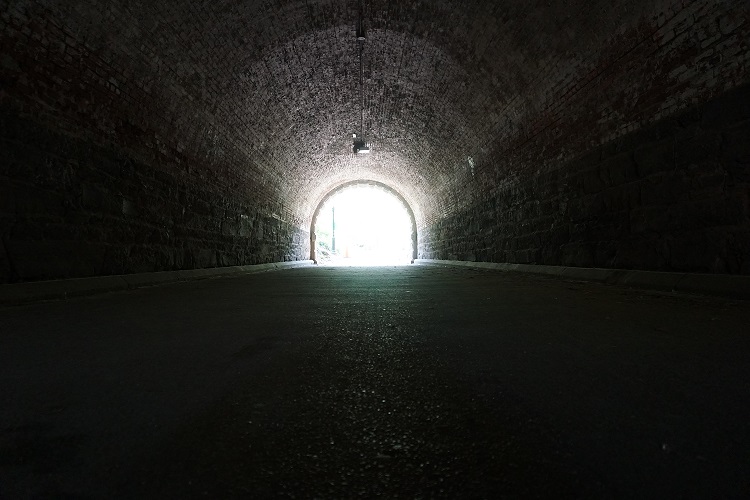
There is a light at the end of a very long and dark Coronavirus tunnel.
However, given the continued implementation of social distancing guidelines and self isolation regulations it remains a small, flickering speck in the distance.
Nonetheless it is a glimmer of hope that the artistic and cultural sectors of the economy, and with it, the brass banding movement, can in time return to some sort of normality.
Different reality
However, that new norm destination will be a very different reality.
If anyone believes all we have to do is wait long enough so that we can re-emerge onto performance stages unscathed and unchanged by what has happened in the last few months, then they will need to think again.
Time has not stood still for a banding movement ready to be woken from temporary hibernation. It has moved on. We cannot return from whence we came.
Time has not stood still for a banding movement ready to be woken from temporary hibernation. It has moved on. We cannot return from whence we came.
Not only has the economy changed, but so have people’s attitudes: Working practices, health awareness, social mobility, leisure activities – all now subject to how we perceive and evaluate the risk to our own well being.
Unfortunately, the only thing that we have become increasingly immune to is the tragic statistic of the daily number of deaths from COVID-19.
Need to adapt
The fundamental difference will be to fully accept that the banding movement needs to adapt, and adapt quickly and resolutely to the realities of the post-Coronavirus pandemic era (with the huge caveat that it continues to remain with us for many more years to come).
It will also be played out against a backdrop of an arts and cultural sector of the economy that will also emerge into a very different financial world.
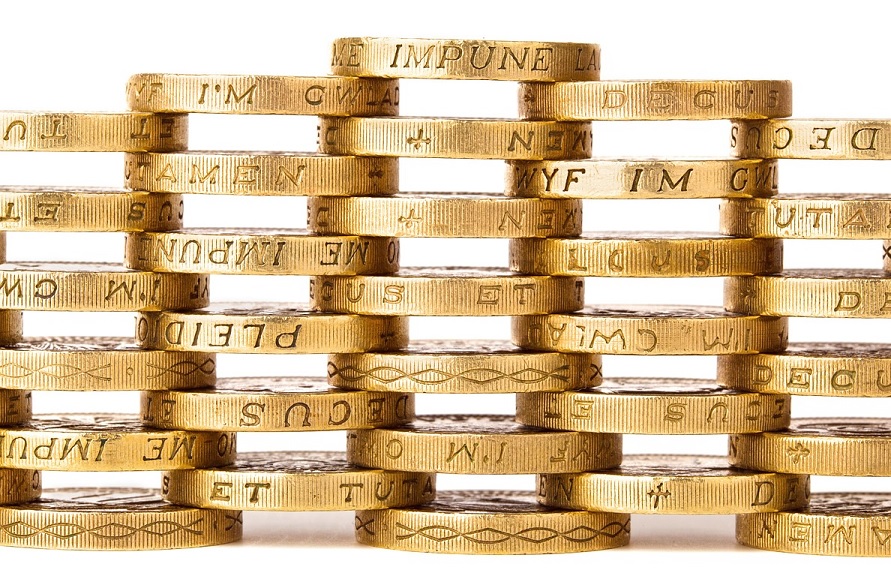
Every pound from funding streams will be battled over in the future
When the Royal Albert Hall and entrepreneurs such as Cameron Mackintosh send out financial SOS signals then the emergency chord on the train should be pulled.
Government help has not exactly been generous for performers and productions (many arguing that it has been noticeably absent). A number have felt they have simply been thrown off and onto the track.
Finger nails
If they are struggling then just think how the hundreds of smaller provincial theatres and concert venues, without the backing of high profile commercial donors or large cash reserves are clinging on by their fingers nails as the train ride to bankruptcy gathers increasing speed.
Even some of the 633 National Portfolio Organisations (NPO) fortunate enough to have been given an extra year of funding in their Arts Council cycle (such as Brass Bands England and the National Youth Brass Band of Great Britain) will know that the next few years are likely to be played out against a backdrop of increased austerity.
If they are struggling then just think how the hundreds of smaller provincial theatres and concert venues, without the backing of high profile commercial donors or large cash reserves are clinging on by their fingers nails as the train ride to bankruptcy gathers increasing speed.
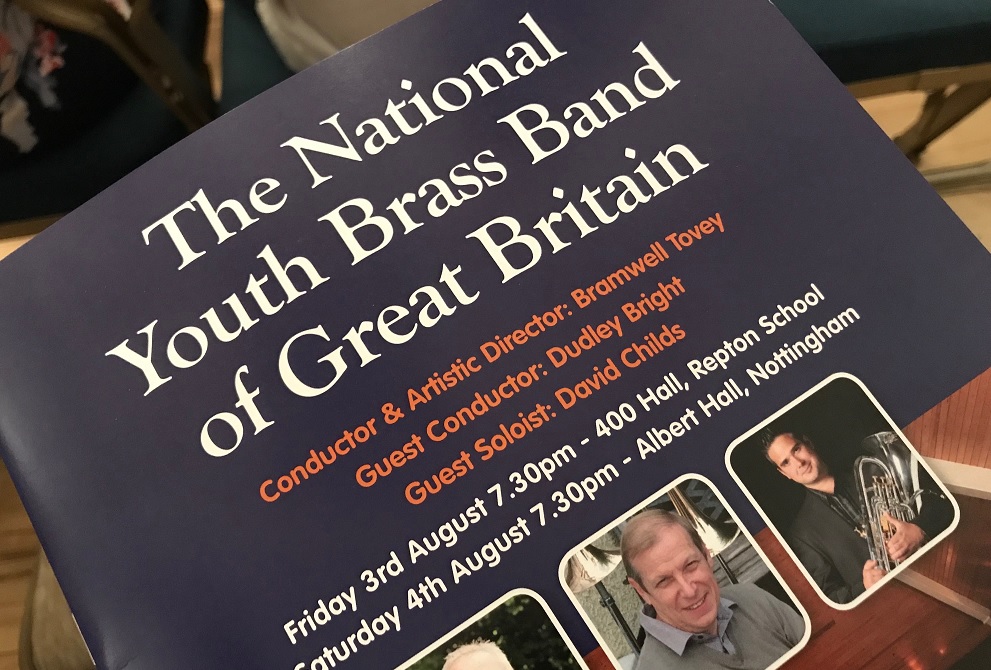
The National Youth Band gains funding as a National Portfolio Organisation
It will no longer be enough merely to meet or even exceed stated aims and objectives. How they can be justified will be much more important - from the wages and honorarium of staff to the hard cash success of policies to engage with wider, more diverse audiences.
The arts always provide the Whitehall Treasury apparatchiks with easy salami-slicing funding cut options. In the next few years they could reach the marrow.
The arts always provide the Whitehall Treasury apparatchiks with easy salami-slicing funding cut options. In the next few years they could reach the marrow.
Contest venues
That in turn could have stark post COVID-19 effects for brass band contest organisers – from the major championships to the humblest local association competition.
Venues (even those subsidised by local authorities) will need to recoup lost income, and with a few exceptions, brass band competitions and concerts do not offer enough meat on the bone from ticket sales let alone in-house hospitality and refreshment outlets.
And with them all having to work to social-distancing models that could see auditoriums such as Symphony Hall and the Royal Albert Hall operate to as little as 30% seating capacity, hire prices are likely to be increased (in part to meet extra staffing costs).
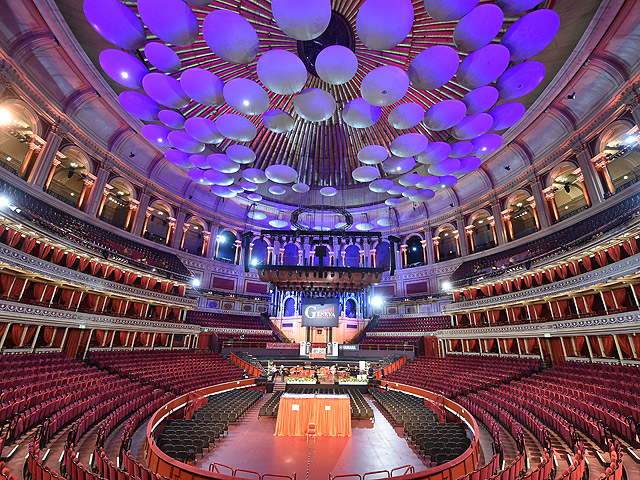
The Royal Albert Hall has alreadystated it may have to work to 30% seating plan models
Add to the mix a lack of commercial sponsors, a late middle age audience (and volunteer) demographic, the inevitable rise in transport and hospitality costs for competitors and complex logistics such as socially distanced stage setting, and you start to wonder how the sums are going to add up to put events on.
Entry fees will surely rise, whilst it is hard to see prize-money pots inflating in response. And all at a time when band’s income streams will have been reduced to a trickle.
The new norm will likely be fewer contests with fewer competitors – from the European Championship level to local band association events.
Existential question
And as for the bands themselves?
First and foremost they will have to ask themselves an almost existential question.
Why are why here and what is our purpose?
A telling statistic will be to find out just how many were able to access the type of COVID-19 emergency funding streams from Arts Council England to, in their words, 'afford practitioners and organisations time to stabilise, to think, and to plan for the future.'
A telling statistic will be to find out just how many were able to access the type of COVID-19 emergency funding streams from Arts Council England to, in their words, 'afford practitioners and organisations time to stabilise, to think, and to plan for the future.'
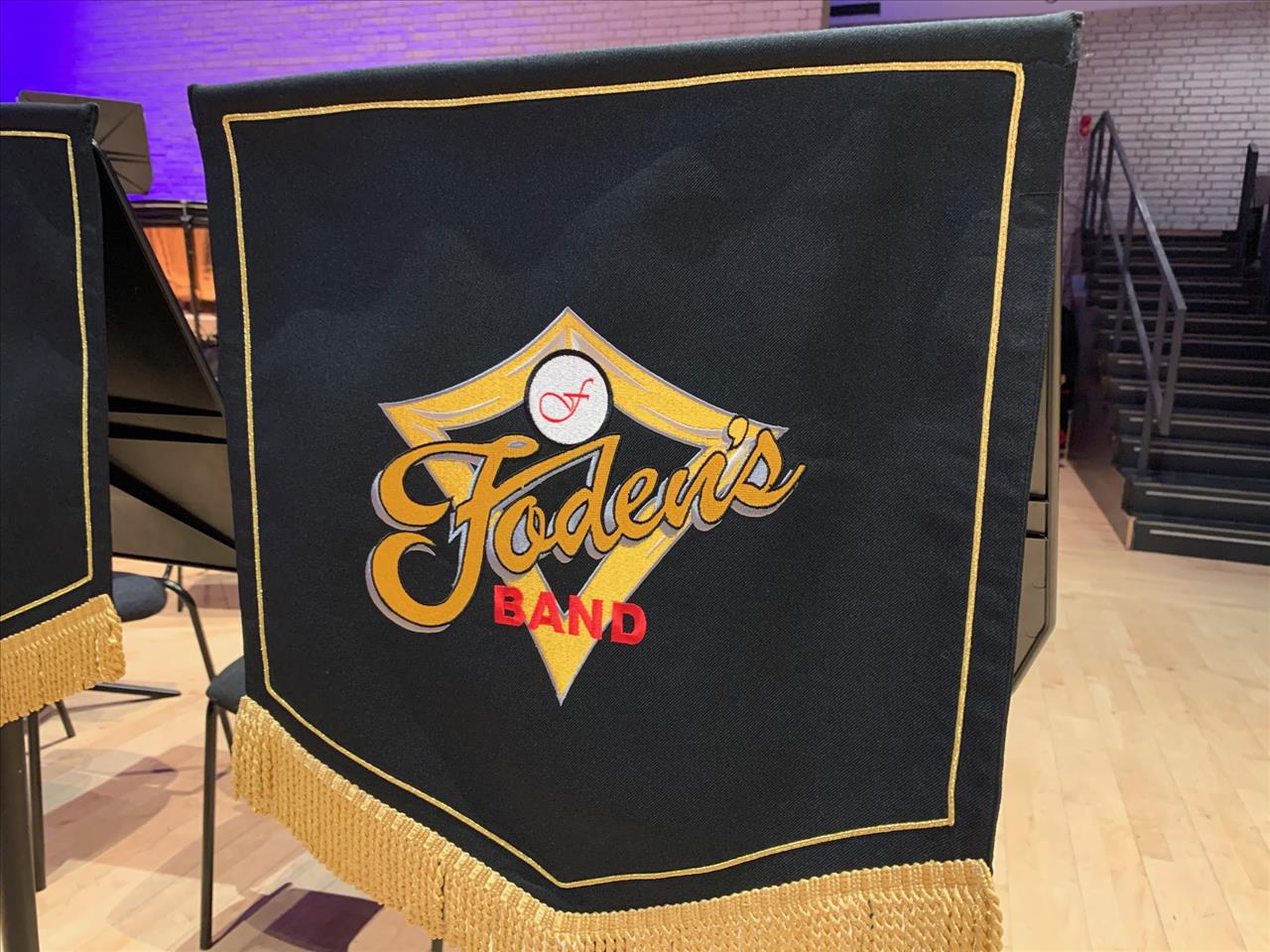
Foden's Band has been awarded COVID-19 emergency funding from the Arts Council England
In essence every brass band in the UK should have been working at ways at increasing inclusivity and participation and widening their scope of performance opportunities way before the pandemic hit – yet how many were actually doing that?
How many could readily demonstrate (like Foden’s) that they were already meeting the type of artistic or heritage criteria that secured Arts Council funding in the first place - the gateway to the invaluable extra help?
Too many have never really thought that such an event as this could have such a devastating effect on their future outlook. Now a new landscape has emerged and bands will need to understand how to navigate it if they are to survive.
Long hard look
Banding organisations at all levels will have to take a long hard look at themselves and ask whether or not they exist to simply compete against each other, or to provide their communities with a vibrant hub of musical excellence in which competition is but a small part.
The former ambition will no longer be a viable option. The latter offers hope, but in a very different form of musical commitment and dedication.
New ways of thinking, working and expressing ourselves will be needed – from rehearsal regimes to fund-raising activities, especially as concert bookings and project funding will be harder to come by - profits from them even more so.
Some bands - perhaps some well known and famous will not survive unless they are willing and prepared to fundamentally change their musical outlooks.
New ways of thinking, working and expressing ourselves will be needed – from rehearsal regimes to fund-raising activities, especially as concert bookings and project funding will be harder to come by - profits from them even more so.
Players
For the players, the post-Coronavirus reality will also be one of difficult decisions.
Whether or not to keep playing in a brass band may well be the least of them when work and accommodation prospects, mental health and physical well being, new financial commitments, family dynamics are under consideration.
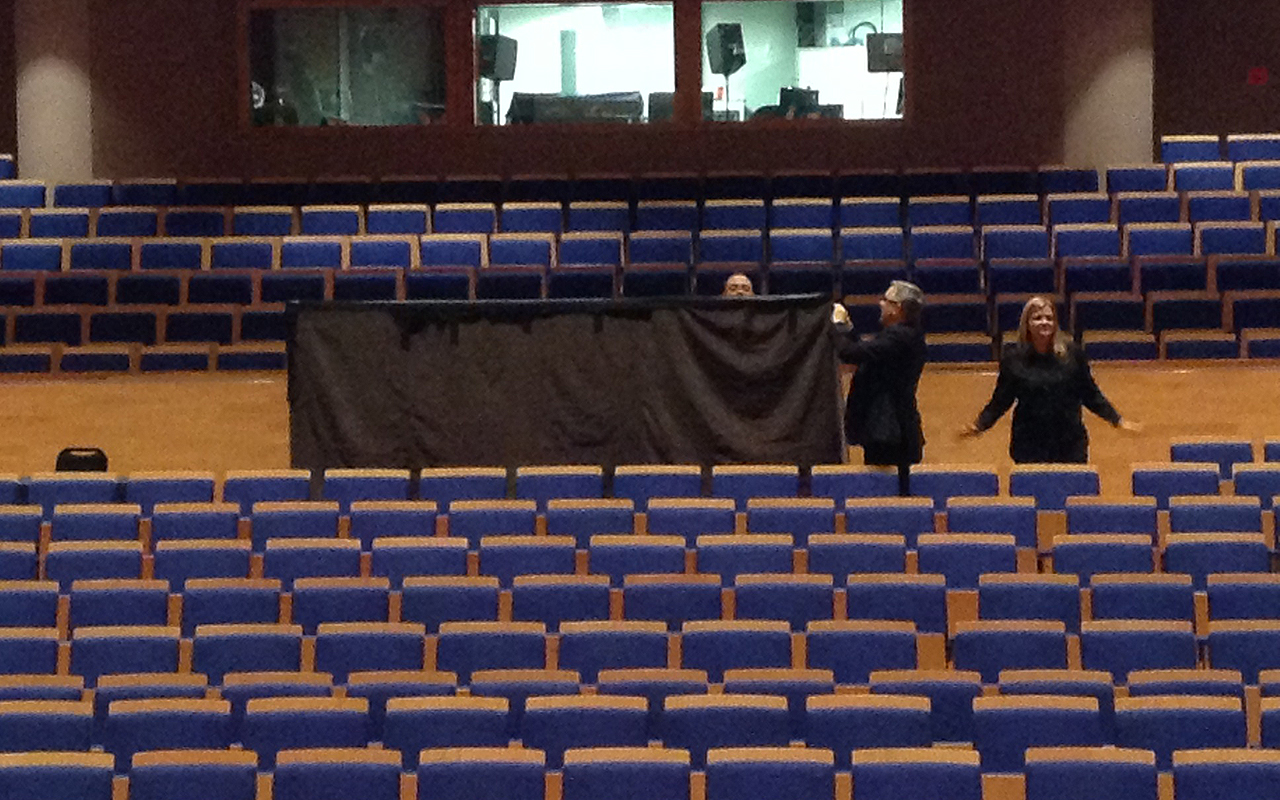
Will playing to the box and no audience become the new norm?
What will be the attraction to come to band twice a week to rehearse a test-piece in socially distanced isolation from fellow players for an event played out to no one but ourselves?
You can wryly suggest that it has been like that for some time, so what’s new?
It won’t and can’t be like that anymore though.
That little speck of light at the end of the tunnel may well get bigger in the coming months (and we are still talking months in the UK at least, even if Europe and the rest of the world is moving towards it at a different pace).
However, if we simply chose to wait for it to arrive without taking the opportunity to work together in the mean time (from leading national organisations and contest promoters to local bands), it will simply herald the arrival at the bleakest of future destinations.
Iwan Fox













